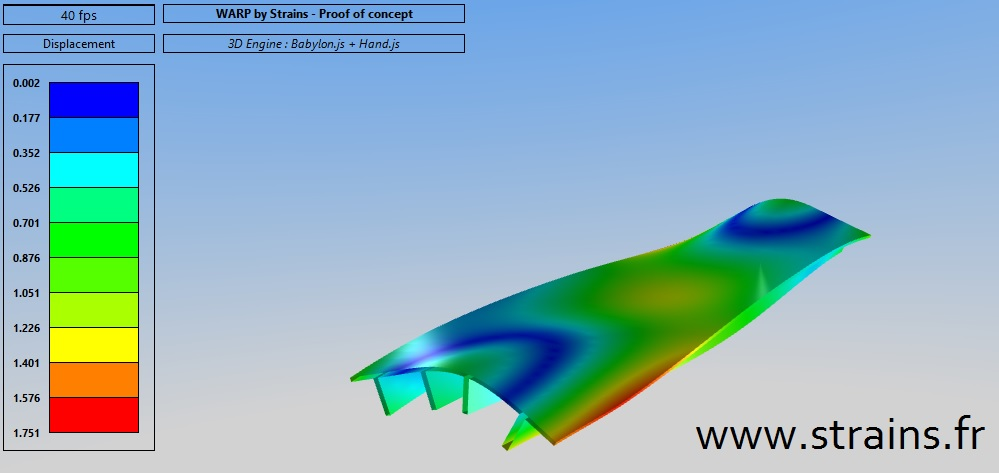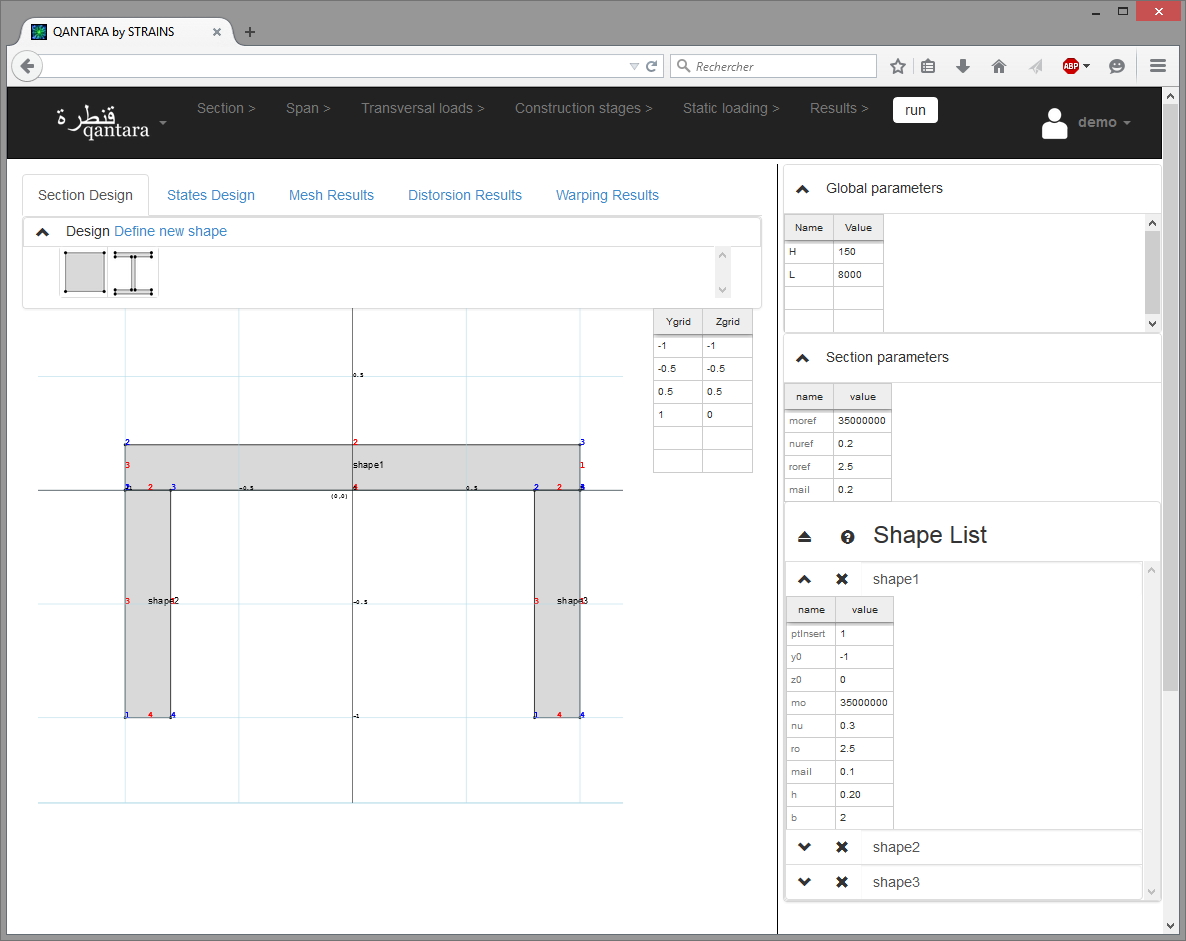Innovation in Structural Analysis Using Linux, Azure and a Bit of Imagination
Today’s Featured BizSpark Startup is Strains from France
Everyone has those ‘aha’ moments where an important, life-changing realization is reached. For the Strains’ team, that moment came when they realized that civil engineers needed simple software to simulate easily complicated structure behavior – and that they could make that happen.
BizSpark Startup Strains is a structural analysis and innovation firm that uses Azure as its cloud-based SaaS platform. It develops Qantara, innovative simulation software that helps civil engineers build accurate 3D simulations faster than ever before in a single global model. Strains is a strong supporter of using open source software (OSS) on Azure; it uses numerous OSS packages including Linux Ubuntu 14, Babylon.js, Node.js, CSS, Python, Django and PostgreSQL.
“Microsoft Azure is priceless to us, we couldn’t even begin to host a server by themselves” says Vergnault. “Azure’s support for Linux is also a solid argument for Azure, too, because the cost of a Linux server is cheaper and gives us the best performance for the same hardware architecture. It works beautifully with our Microsoft servers.”
“Our simulation server is written in C and Fortran wrapped in Python for performance and scaling issues, we really enjoy to deal with both operating system : Ubuntu for database and Windows Server 2012 for computation ” says Vergnault.
“Babylon.js, developed by David Catuhe is a breakthrough package on Azure”, says Vergnault. Through its application on a Windows Server 2012 virtual machine simulation server, Strains offers a cloud-based 3D simulation of structural models.

A 3D engineering simulation built using Azure, Windows, Linux, Babylon.js and HandJS.
“Open source software is really exciting for reducing startup costs,” says Vergnault. “We provide our clients with sound structural expertise based on scientific calculation and experience and we are never afraid to go beyond the scope of standard engineering codes of practice. Our involvement in software development gives us the opportunity to continuously set the foundation for further innovation in our field.”
Strains has garnered early attention through the support of large companies such as Renault and EDF, which offered public conferences where young companies could present projects and meet investors and partners.
“After a few different presentations, we discovered which skills we were lacking at Strains,” says Vergnault. “We are still in the ‘hard-work’ stage but beginning to establish partnerships with companies like Distene and OpenCascade.”
Strains has also sealed a partnership deal with Systematic, the largest competitiveness cluster in France dedicated to information and communication technologies. Through that partnership, Strains hopes to obtain funding through the French government.
Strains will produce a Qantara beta in mid-2015 with commercial release expected by the end of the year.
+++++++++++++++++++++++++
Microsoft is helping these startups succeed through its BizSpark program. To join or see other startup stories, visit us at our website here. To listen to our startups, check out these podcasts on devradio here.
About BizSpark: Microsoft BizSpark is a global program that helps startups succeed by giving free access to Microsoft Azure cloud services, software and support. BizSpark members receive up to $750 per month of free Microsoft Azure cloud services for 3 years: that’s $150 per month each for up to 5 developers. Azure works with Linux and open-source technologies such as Linux, Ruby, Python, Java and PHP. BizSpark is available to startups that are privately held, less than 5-years-old and earn less than $1M in annual revenue.

